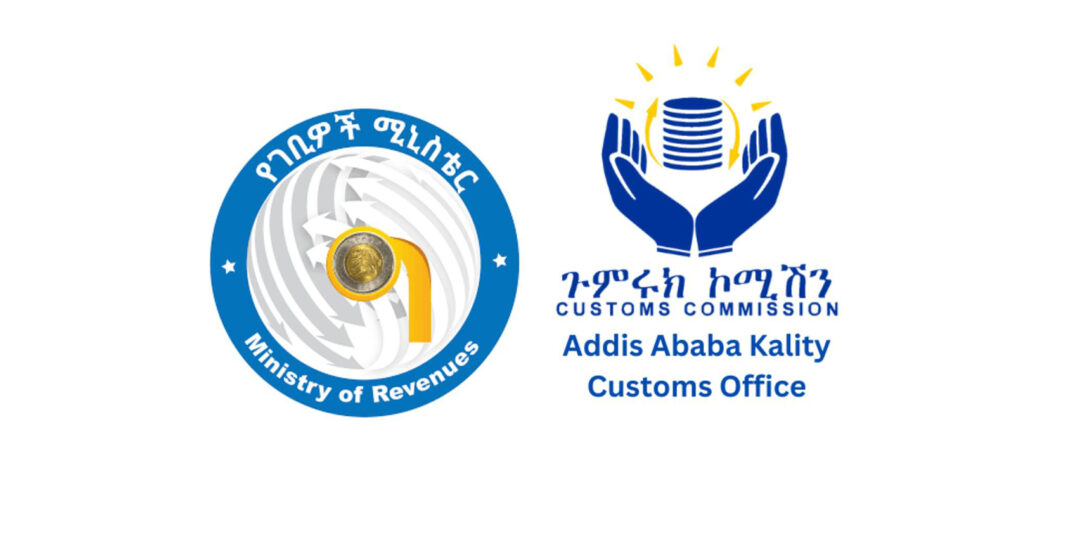The Ministry of Revenue has announced the implementation of a new, stringent goods valuation system fully aligned with the World Trade Organization (WTO) agreements. This significant reform aims to enhance transparency, accountability, and harmonization in customs administration across the country.
Officially issued through the Ethiopian Customs Valuation Directive No. 1080/2025, the directive marks a complete overhaul of Ethiopia’s customs valuation methodology, which had long been plagued by corruption and trade instability through speculative and opaque pricing practices.
Under the new system, customs valuation will strictly adhere to the WTO principles, primarily focusing on using the actual transaction value—the price genuinely paid or payable for the goods—as the basis for taxation at customs.
Debele Kebeta, Commissioner of the Customs Commission, emphasized that the directive was disseminated to all customs offices recently and highlighted the importance of rigorously implementing it with strict discipline to enforce international trade commitments and ensure valuation transparency.
The directive mandates the application of six WTO-approved pricing methods in a defined sequential order to guarantee consistency and fairness in estimating the customs value of imported goods. Should the Customs Commission question the accuracy of the declared prices based on market evaluations, it can request importers to submit “additional legal evidence” within 15 days to justify their declared values.
Import duties and taxes will now be calculated based on the CIF (Cost, Insurance, and Freight) value, covering the total expense of goods up to their first entry point into Ethiopian Customs Territory. This approach safeguards equitable taxation and aligns Ethiopia with international best practices.
To facilitate the successful enforcement of this directive, the Customs Commission is also enhancing its Valuation Details Declaration (VDD) electronic system. This system requires importers to submit comprehensive and precise information about the imported goods, transaction conditions, and any relationship between seller and buyer, thereby minimizing valuation ambiguity and promoting better regulatory compliance.
The new directive is expected to curb money laundering activities, protect the competitiveness of Ethiopian-made products, and significantly boost government revenues through improved tax collection efficiency.







